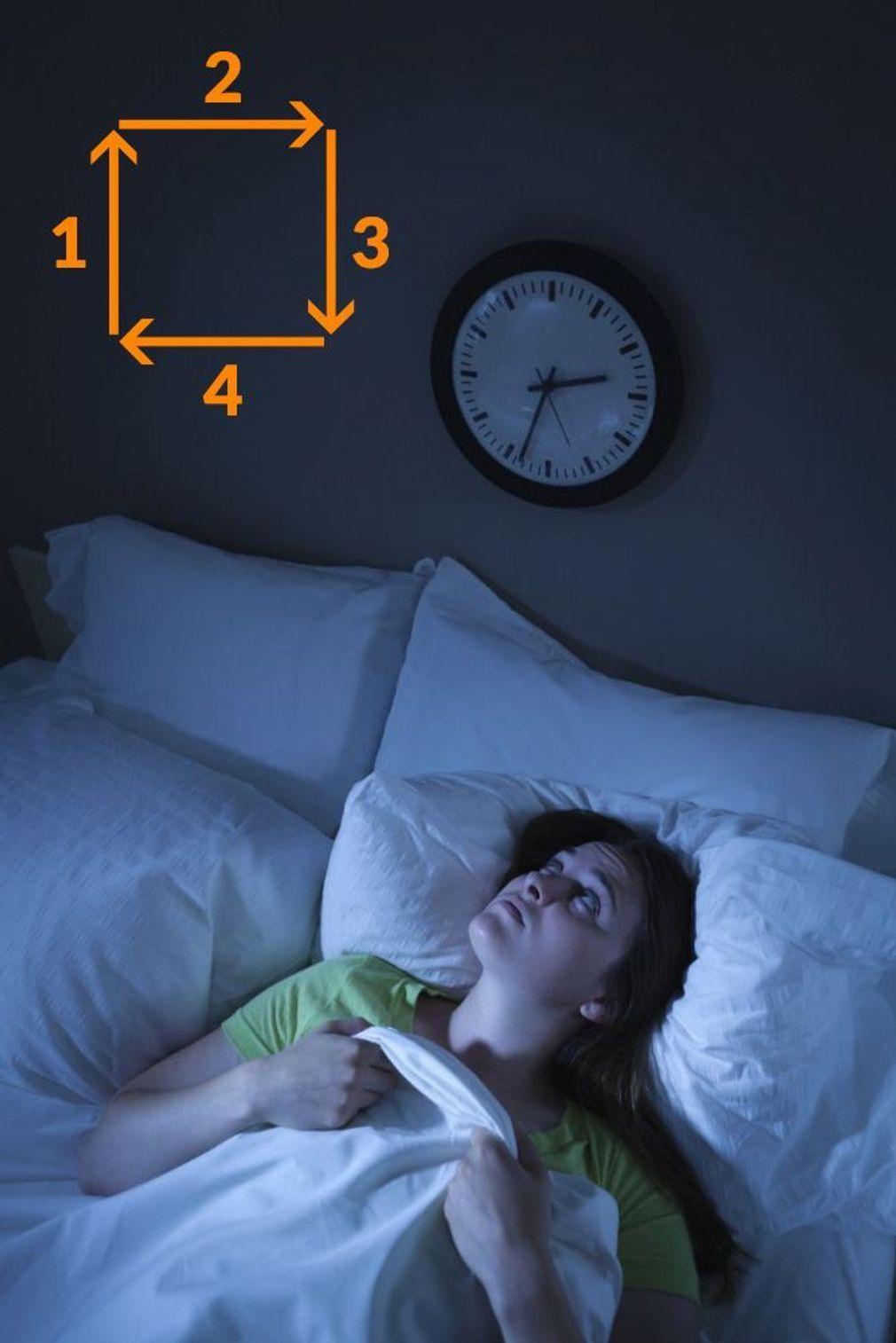What Is Insomnia Disorder?
Insomnia disorder is a common sleep problem affecting millions of people worldwide. It’s more than just an occasional restless night. Those who suffer from insomnia disorder often experience difficulty falling asleep, staying asleep, or waking up too early and not being able to return to sleep. The effects of insomnia disorder go beyond nighttime restlessness and can negatively influence mood, energy levels, focus, and overall health. Understanding the causes and symptoms of insomnia disorder is the first step toward effective treatment.
Causes Behind Insomnia Disorder
Insomnia disorder can be triggered by a variety of factors. Stress is one of the leading causes. Work pressure, financial worries, and personal issues can keep the mind overly active at night. Mental health conditions such as anxiety and depression often coexist with insomnia disorder. Medical conditions like chronic pain, asthma, gastrointestinal problems, or neurological disorders can also contribute to sleeplessness. In some cases, poor sleep habits or consuming caffeine and alcohol late in the day can aggravate the issue. Identifying the root cause of insomnia disorder is essential for addressing it properly.
How Insomnia Disorder Affects Daily Life
Living with insomnia disorder can feel exhausting and frustrating. Without proper rest, the body and brain cannot function at their best. Concentration becomes difficult, decision-making slows down, and even routine tasks start to feel overwhelming. Emotional instability is another common symptom, with people often feeling irritable, anxious, or even depressed due to lack of sleep. Chronic insomnia disorder may also weaken the immune system and increase the risk of heart disease, obesity, and high blood pressure. Sleep is a critical component of health, and ignoring insomnia disorder can have serious long-term consequences.
Diagnosing Insomnia Disorder
If you suspect that you’re dealing with insomnia disorder, it’s important to talk to a healthcare provider. Diagnosis often involves a discussion of sleep habits, lifestyle, emotional health, and any underlying medical conditions. In some cases, sleep studies or monitoring may be suggested to rule out other sleep disorders. A comprehensive evaluation ensures that your insomnia disorder is not caused by other hidden conditions such as sleep apnea or restless legs syndrome.
Natural Strategies for Managing Insomnia Disorder
One of the most effective ways to address insomnia disorder is by adopting a consistent sleep routine. Going to bed and waking up at the same time every day can help regulate your internal clock. Creating a calm, quiet, and dark environment also plays a key role in improving sleep quality. Avoiding screens, heavy meals, and stimulating activities before bed can help the brain wind down naturally. For some, relaxation techniques like deep breathing, meditation, or reading a book before bed can help ease the transition into sleep. Over-the-counter sleep aids should only be used under the guidance of a medical professional, as they may lead to dependency or mask the real cause of insomnia disorder.
The Role of Acupuncture in Treating Insomnia Disorder
Many people are turning to natural and holistic treatments for insomnia disorder. Acupuncture, a traditional Chinese medicine practice, has shown promising results for those struggling with sleep issues. By stimulating specific points on the body, acupuncture helps balance the nervous system, reduce stress, and promote relaxation. This natural method supports the body's ability to return to its normal sleep rhythm without harsh side effects. Studies have found that patients receiving acupuncture often report better sleep quality and improved overall well-being. It's a safe and non-invasive option for people seeking alternatives to medication for managing insomnia disorder.
Lifestyle Changes That Support Healthy Sleep
In addition to treatments like acupuncture, lifestyle modifications can greatly influence how well you sleep. Regular physical activity, especially during the day, can make falling asleep easier at night. However, intense exercise should be avoided too close to bedtime. Limiting caffeine and alcohol, especially in the afternoon and evening, also helps. Incorporating a wind-down routine that includes stretching, journaling, or taking a warm bath can prepare the body for rest. These daily habits support the healing process and improve the long-term management of insomnia disorder.
Final Thoughts
Insomnia disorder is more than just a lack of sleep; it's a condition that can affect every part of your life. From mental clarity and emotional stability to physical health, quality sleep is essential. Understanding the causes, symptoms, and natural treatment options empowers individuals to take control of their sleep health. If you’ve been struggling with insomnia disorder, consider exploring holistic support from professionals like Clark Acupuncture, where a blend of ancient wisdom and modern science offers gentle yet effective solutions for better rest and overall wellness.



